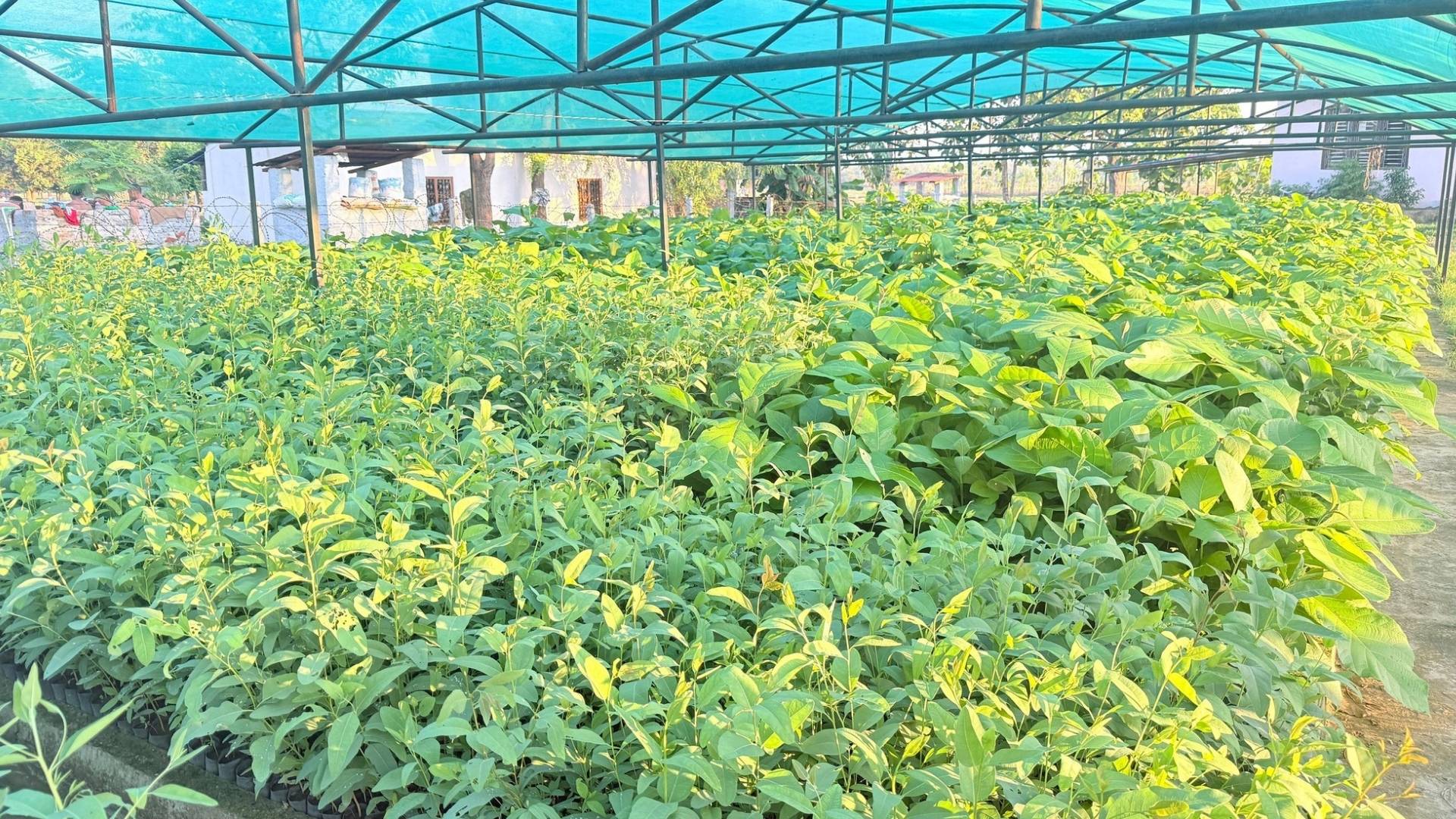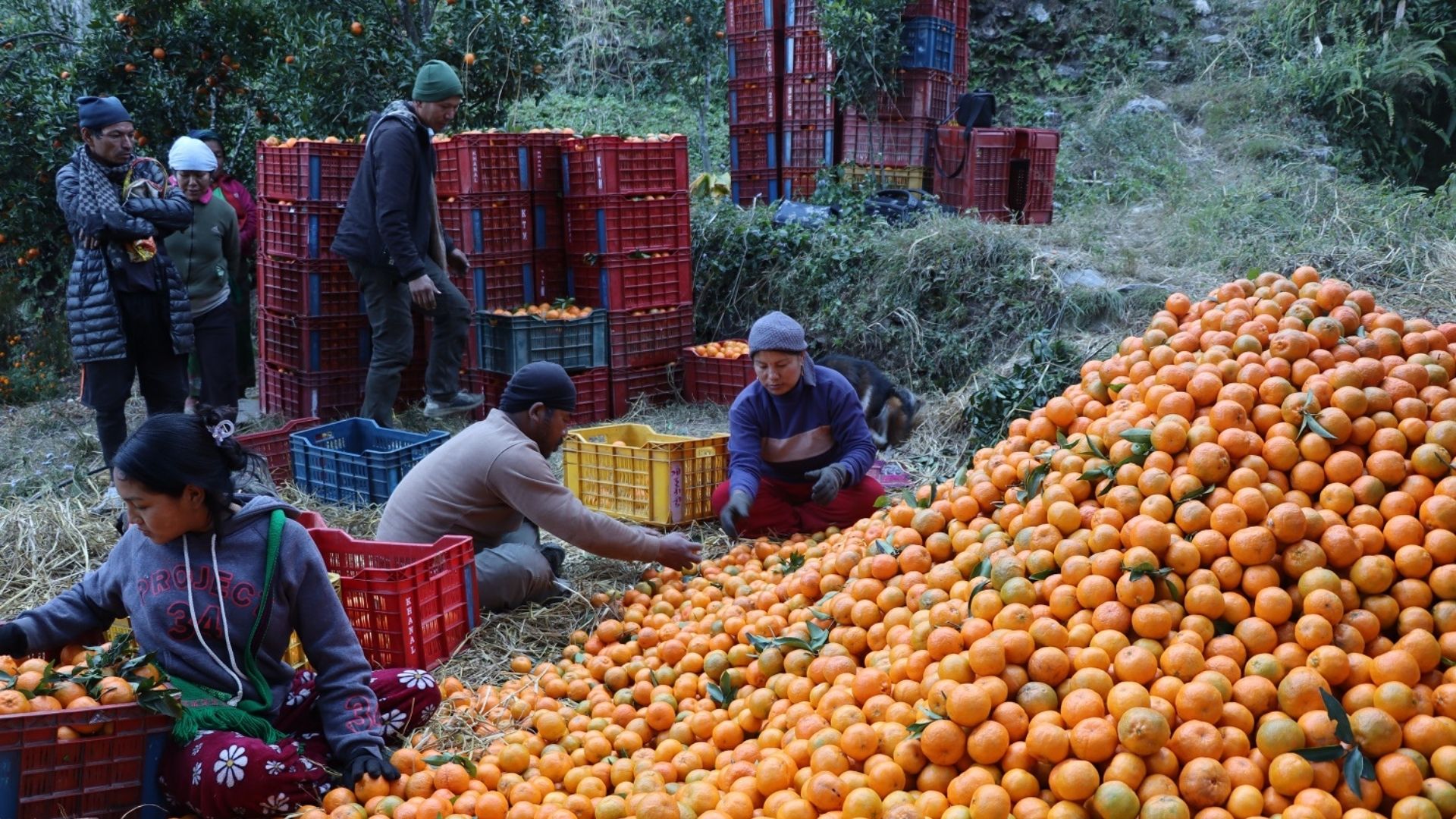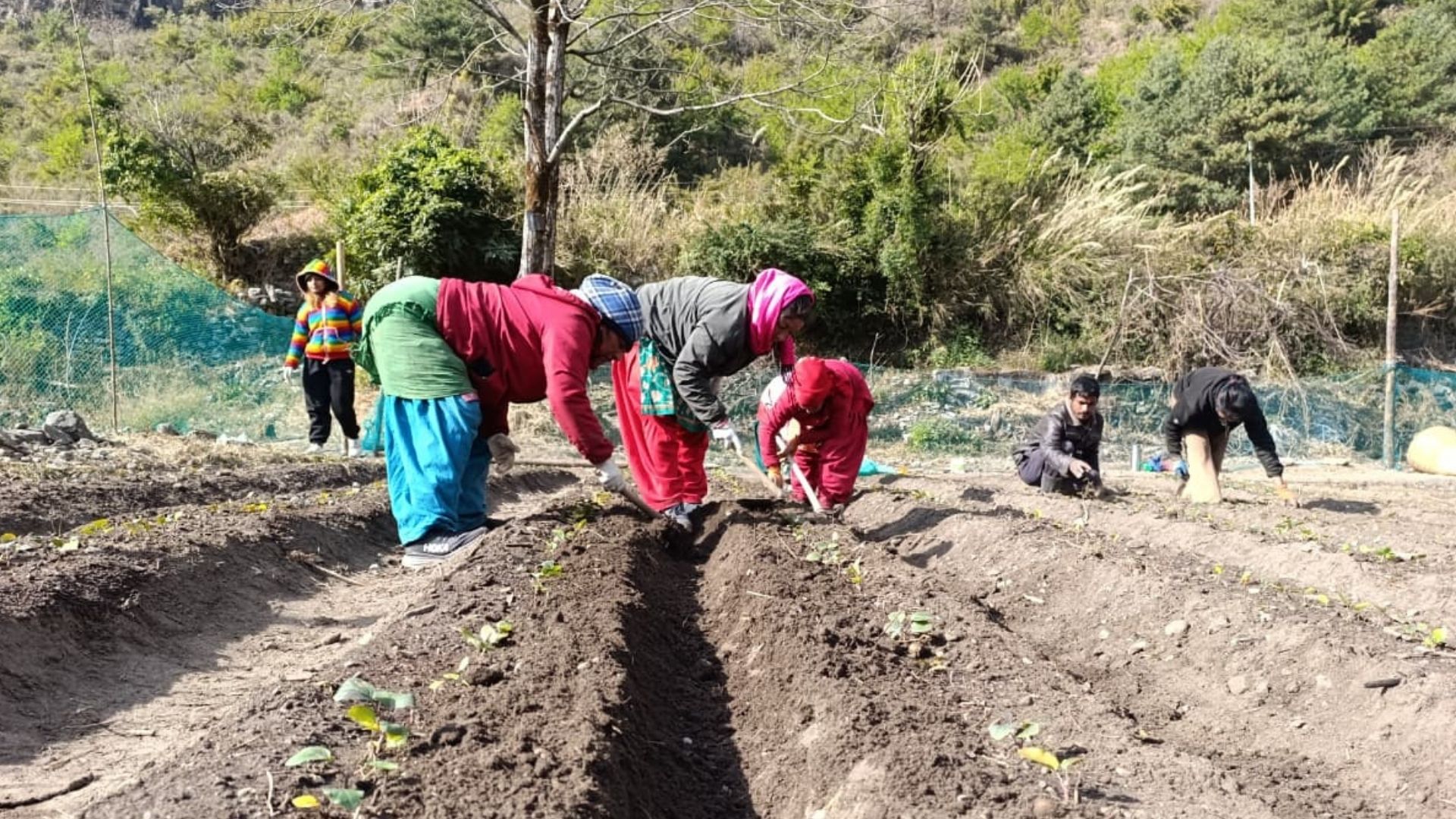The government has introduced a new directive aimed at boosting domestic production and encouraging the use of made in Nepal products by mandating public entities to prioritize the use of domestically produced goods. The Directive for Domestic Goods Usage at Public Entities 2081 requires all government bodies to give preference to Nepali products in their procurement processes. The move is designed to provide a much-needed push to the country’s domestic industries by mandating domestic products in government operations.
The directive stipulates that public bodies must procure locally-produced goods listed in its Schedule-1. To streamline the process, the Ministry of Commerce, Industry and Supplies shall develop an electronic portal namely “Nepali Production”. The portal will facilitate procurement, manage product listings and oversee transactions to support the efficient purchase of domestic goods.
Producers are required to list their products on the portal with detailed specifications such as name of the product, quantity, retail and wholesale prices, and quality standards.
Additionally, they should obtain and provide a Certificate of Origin to verify that the goods are locally produced. This certificate confirms that products meet the required criteria, including at least 30% value addition within Nepal if foreign raw materials are used. For reference, the directive also includes a sample format for the certificate.
Public employees are encouraged to use local products — including locally manufactured clothing for official purposes, gift-giving and during public programs and events. To encourage compliance, the directive recommends that the implementation committee introduce awards and certificates for federal, provincial, and local public bodies demonstrating exceptional adherence.
However, regardless of any provisions mentioned in the directive, projects under foreign grants or loan assistance will follow their respective agreement.
Some of the products outlined in Schedule-1 include:
- Nepali hand-made paper and articles or materials made from paper.
- Items such as brown paper, pencil, dot pen, Nepali envelope, notebook, register, tissue paper, diary, copy, chalk, board marker, file, file binding cloth.
- Textiles such as Dhaka fabric, natural fibers, pashmina and wool products.
- Goods manufactured from jute.
- Leather products such as bags, clothes, accessories
- Articles or products made from traditional handicrafts, woodwork, sculptures and paintings and ceramic works.
- Products like tablecloth, pots, tea-mats, candles, agarbatti and mugs
- Cleaning materials such as soaps (detergent and body wash), shampoos, detergent powder, bathroom and window cleaner.
- Machinery such as copper or aluminium binding wires, computer softwares, dry batteries.
- Building materials like cement and bricks, AAC blocks, aluminium and upvc windows and door frames, prefab wall panels, goods made from woods,
- Agricultural products such as milk, milk products, meat, eggs, vegetables, fruits, processed foods, spices, tea, coffee, sugar, honey, rice, millets, and many more.
- Herbal products like ayurvedic medicine.
Arya Sainju is an intern at Farsight Impact.














